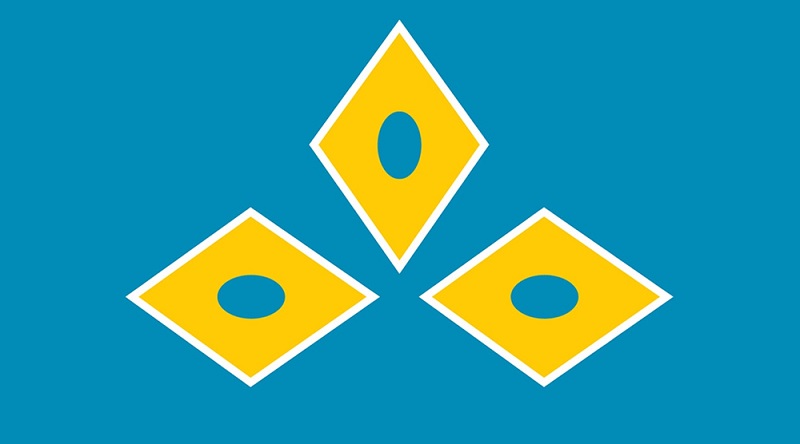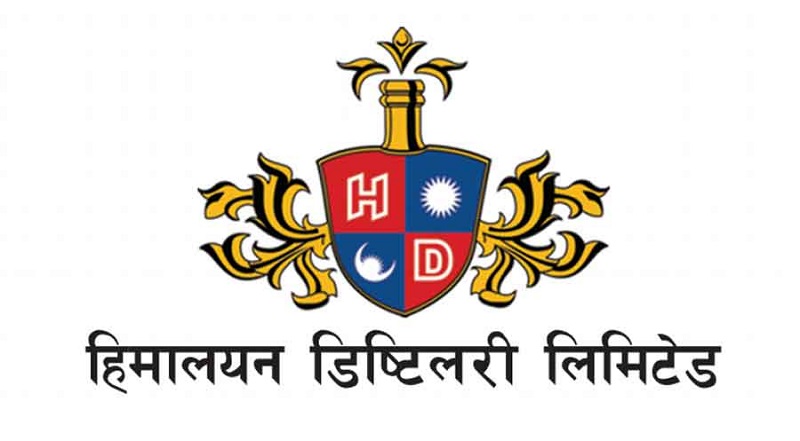KOICA Master’s Alumni Conclude 2025 KSP: Spreading Digital Governance & Ag Insights in Nepal
11th October 2025, Kathmandu
The Korea International Cooperation Agency (KOICA) Nepal Office, in collaboration with the KOICA Alumni Association of Nepal (KAAN), successfully concluded the 2025 KOICA–KAAN Knowledge Sharing Program (KSP).
KOICA Master’s Alumni Conclude 2025 KSP
The program was conducted through six interactive sessions, featuring four recent KOICA Master’s Degree graduates, in partnership with various academic institutions and government stakeholders.
The primary objective of the Knowledge Sharing Program is to disseminate the experiences, insights, and research outcomes of KOICA Master’s Scholarship alumni, thereby extending the benefits of Korea’s development knowledge, innovation, and academic excellence to Nepalese students and professionals.
This year’s sessions engaged over 300 Bachelor’s and Master’s level students from disciplines such as Agriculture, Business Studies, Humanities and Social Sciences, along with government officials.
The discussions provided valuable perspectives on governance, agriculture, digital technology, and environmental management; key sectors contributing to Nepal’s sustainable development.
Highlights of the 2025 KOICA–KAAN Knowledge Sharing Program
Mr. Madan Marasini, Senior Agriculture Officer at the Ministry of Agriculture and Livestock Development and graduate of Kangwon National University (Master’s in Agricultural Economics), led sessions at the Himalayan College of Agricultural Sciences and Technology (HICAST), Kirtipur, on July 01, 2025, and during the departure orientation program for 20 government officials from the Ministry participating in KOICA’s Country-Specific Program on Post-Harvest Management of Fruits and Vegetable Crops in Nepal, held on August 21, 2025.
Mr. Marasini’s research examined the role of farmer cooperatives in improving productivity and income among wheat seed producers. His findings showed that cooperative membership helps reduce input costs and increase yields, though further institutional support is needed to strengthen production efficiency and sustainability.
Mr. Leeladhar Joshi, Senior Assistant at the Public Procurement Monitoring Office under the Office of the Prime Minister and Council of Ministers, and a graduate of the KDI School of Public Policy and Management, facilitated sessions at Quest International College, Gwarko, on July 18, 2025, and the Policy Research Institute (PRI), Kesharmahal, on July 30, 2025.
He introduced the concept of Advanced Air Mobility (AAM) and explored how electric vertical take-off and landing (eVTOL) aircraft could transform Nepal’s transportation system by improving connectivity, logistics, and emergency response in remote regions. His presentation emphasized the importance of policy readiness, infrastructure development, and innovation investment to make sustainable air mobility a reality in Nepal.
Mr. Janardan Gautam, Section Officer at the Ministry of Labor, Employment and Social Security and graduate of Seoul National University, led a session at Campion College, Sanepa, on September 3, 202,5 focusing on digital governance and citizen-centric service delivery.
Drawing on his study of the Nagarik App, he discussed how digital transformation can improve accessibility, reliability, and user satisfaction in public services. He also compared Nepal’s and South Korea’s digital governance journeys, underlining the potential for Nepal to adapt lessons from Korea’s e-governance success to enhance transparency and efficiency.
Mr. Aasish Wagle, Engineer at the Water Resource and Irrigation Division, Gandaki Province, and graduate of Yeungnam University (Master’s in Water Resource Management), facilitated a session at the KOICA Nepal Office on October 08, 2025.
During the departure orientation for 25 government officials participating in KOICA’s Country-Specific Program on Capacity Building for Development of Impact-Based Early Flood Warning Systems in Nepal.
Mr. Wagle’s presentation highlighted the use of hydrological and hydraulic modeling to identify flood-prone areas in western Nepal. His findings emphasized the need for improved data systems, better land-use planning, and the integration of glacial and snowmelt data to strengthen Nepal’s flood preparedness and disaster management.
KOICA’s Commitment to Human Resource Development
The Knowledge Sharing Program is part of KOICA’s leading initiative, Capacity Improvement and Advancement for Tomorrow (CIAT), which has been implemented in Nepal since 1995. CIAT focuses on strengthening Human Resource Development (HRD) through Short-Term Training Programs and Master’s Degree Scholarships for government officials.
Each year, over 100 Nepali officials participate in KOICA’s training and scholarship opportunities in the Republic of Korea. In 2025, five government officials were awarded KOICA Master’s Scholarships to pursue higher studies in leading Korean universities.
To date, more than 2,200 Nepali officials have benefitted from KOICA’s HRD programs, contributing significantly to Nepal’s institutional and policy development through the application of Korea’s experiences and best practices.
Established in 1991, the Korea International Cooperation Agency (KOICA) represents the Republic of Korea’s commitment to promoting sustainable development and international cooperation.
KOICA Nepal Office actively supports Nepal’s socio-economic development through technical cooperation, volunteer programs, and human resource development initiatives.
For more: KOICA Master’s Alumni Conclude 2025 KSP








